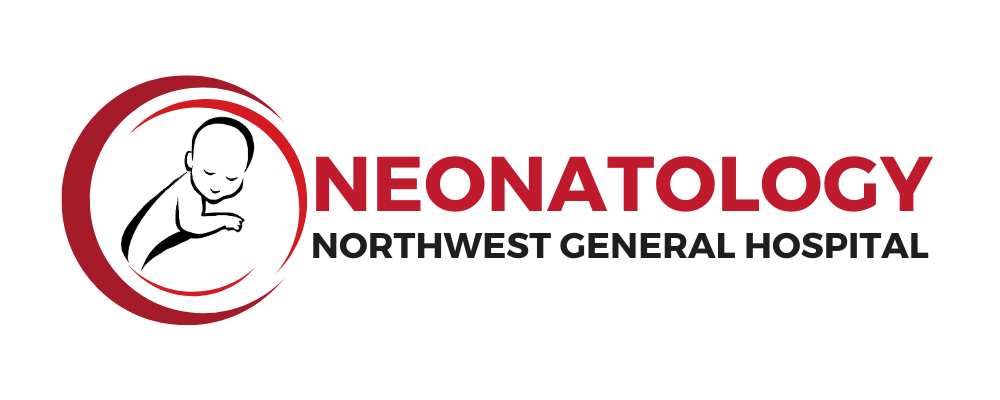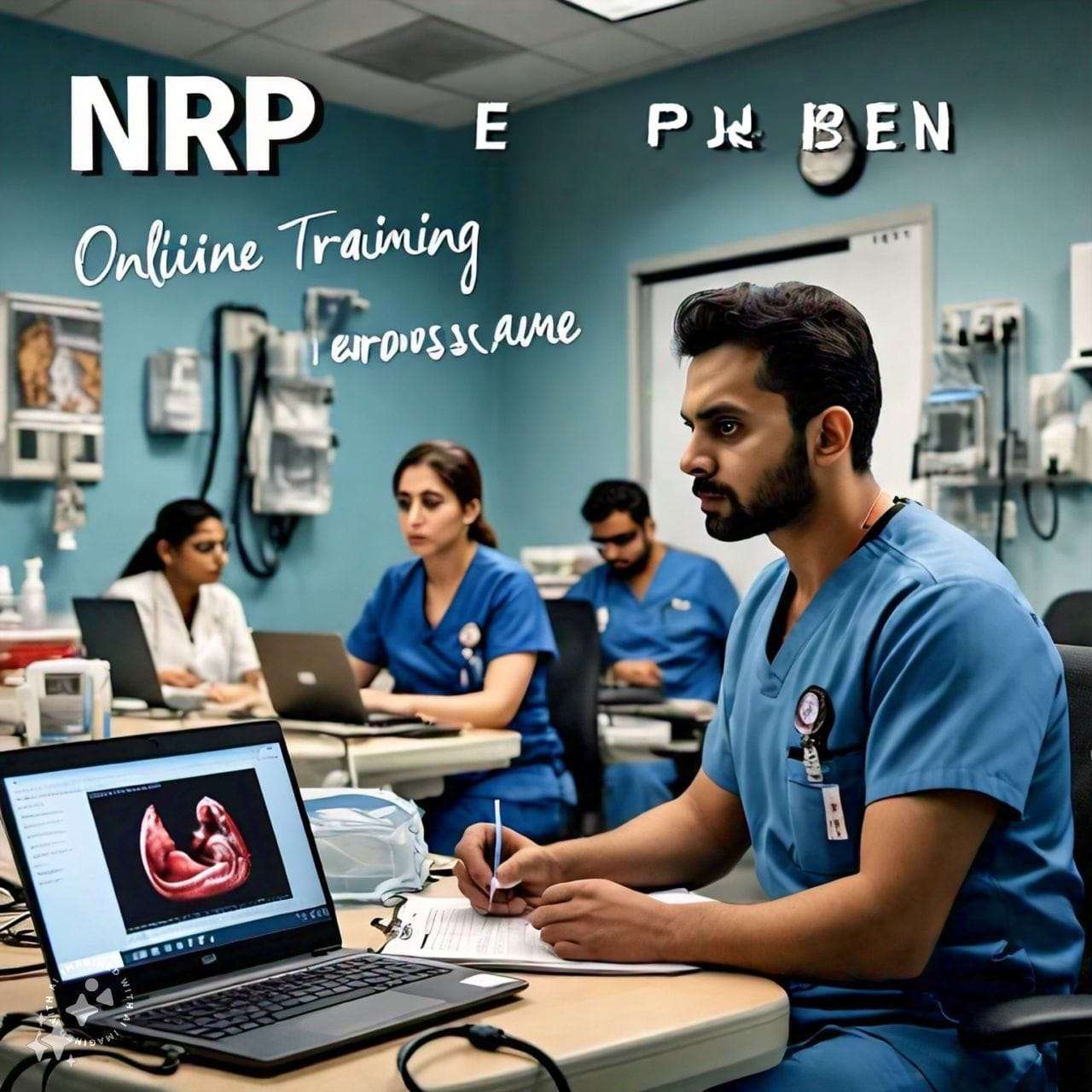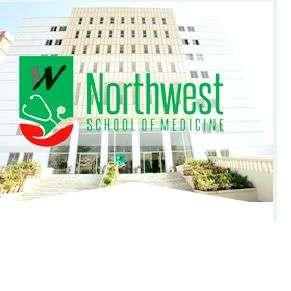In Registration fee of 500 attend and pass on line module . Once passed you will be eligible for
Free Workshop with hands on session and Simulation Scenarios at
North West General Hospital, where you will get your
Full course completion Certificate from Department of Neonatology.
There are 10 sections with Lectures for each sections.
Watch the Lectures as many times as you want. There are TEN Assessment via MCQS. Each Assessments have to be passed. Passing Score is 40% for Nursing and Paramedics. The Retake for Assessments Test three attempts. If you did not pass THIRD attempt your that section will be blocked.
The Neonatal Resuscitation course is designed to equip you with the knowledge and skills required to effectively manage newborns in need of resuscitation. This comprehensive course covers essential concepts, techniques, and guidelines for providing immediate care to newborns experiencing breathing difficulties or other life-threatening situations.
Learning Outcomes:
By the end of the Neonatal Resuscitation course, participants should be able to:
- Identify High-Risk Situations: Recognize the signs and risk factors that indicate a newborn requires resuscitation, such as inadequate breathing, poor heart rate, or meconium-stained amniotic fluid.
- Demonstrate Proper Assessment: Perform a systematic assessment of a newborn’s condition to determine the appropriate level of intervention needed during resuscitation.
- Apply Basic Resuscitation Techniques: Demonstrate effective ventilation techniques, including the use of bag-mask ventilation and correct positioning, to support the newborn’s respiratory function.
- Utilize Advanced Resuscitation Devices: Utilize specialized equipment such as endotracheal tubes and laryngeal masks to establish and maintain airway patency in challenging resuscitation scenarios.
- Administer Chest Compressions: Perform appropriate chest compressions and coordinate them with ventilation to maintain circulation and oxygenation in cases of newborn cardiac arrest.
- Manage Meconium Aspiration: Employ strategies to manage meconium-stained amniotic fluid aspiration, ensuring prompt and effective clearance of the airways.
- Coordinate Team Resuscitation: Work effectively within a resuscitation team, communicate clearly, and assign roles to ensure smooth and coordinated neonatal resuscitation efforts.
- Apply Evidence-Based Practices: Understand and apply the latest evidence-based guidelines for neonatal resuscitation, staying up-to-date with advancements in the field.
- Assess Post-Resuscitation Care: Evaluate the newborn’s condition after successful resuscitation, including monitoring vital signs, addressing potential complications, and providing appropriate follow-up care.
- Demonstrate Ethical Considerations: Recognize the ethical dilemmas that can arise during neonatal resuscitation and make informed decisions that prioritize the well-being of both the newborn and the family.
- Maintain a Safe Environment: Create a safe and controlled environment for neonatal resuscitation, minimizing risks to both the healthcare team and the newborn.
- Reflect on Practice: Engage in reflective practice, identifying areas for improvement and implementing strategies to enhance resuscitation skills and response efficacy.
Overall, the Neonatal Resuscitation course aims to empower healthcare professionals with the competencies required to provide timely, effective, and compassionate care to newborns in critical situations, ultimately contributing to improved neonatal outcomes and patient safety.
Course Features
- Lectures 14
- Quizzes 10
- Duration 8 hours
- Skill level All levels
- Language English
- Students 267
- Certificate Yes
- Assessments Self
Curriculum
- 10 Sections
- 14 Lessons
- 4 Weeks
- Overview and Principles of Resuscitation4
- Initial Steps in Resuscitation2
- Positive Pressure Ventilation3
- Chest Compression2
- Invasive Airway3
- Medications2
- Resuscitation Of Preterm2
- Special Considerations2
- Ethics and Care at end of life2
- Performance Checklist2



